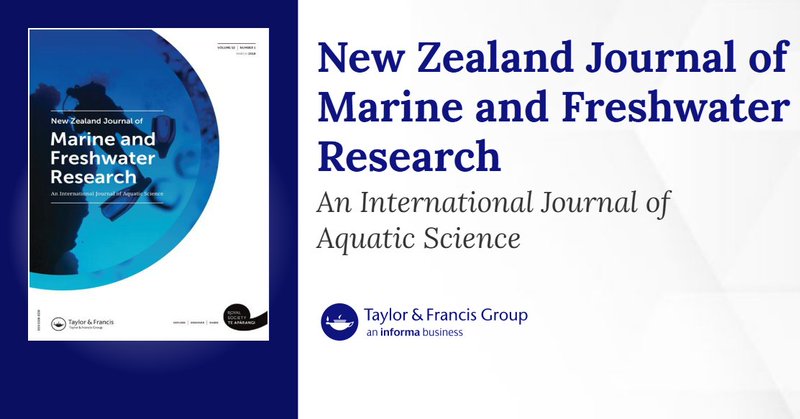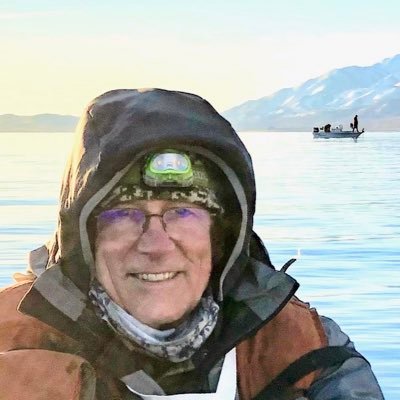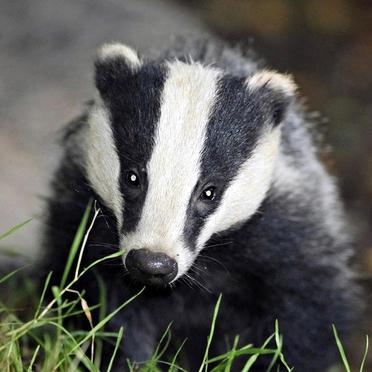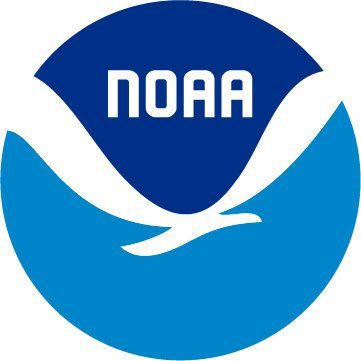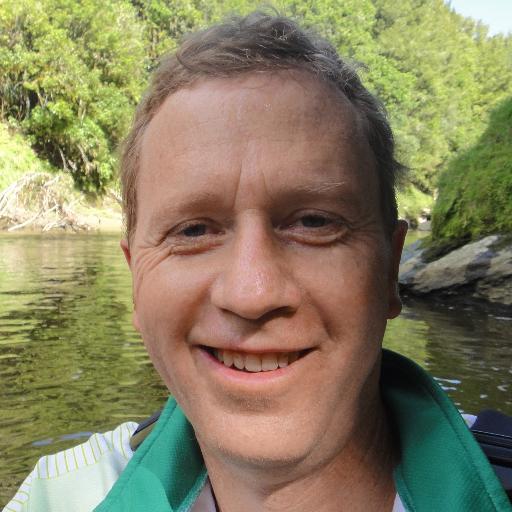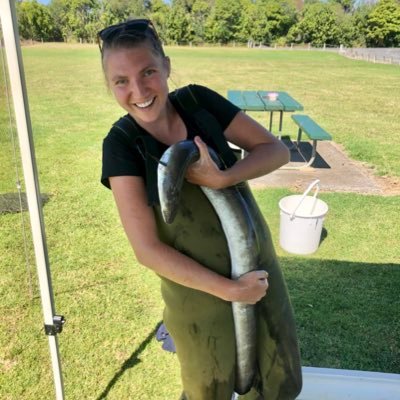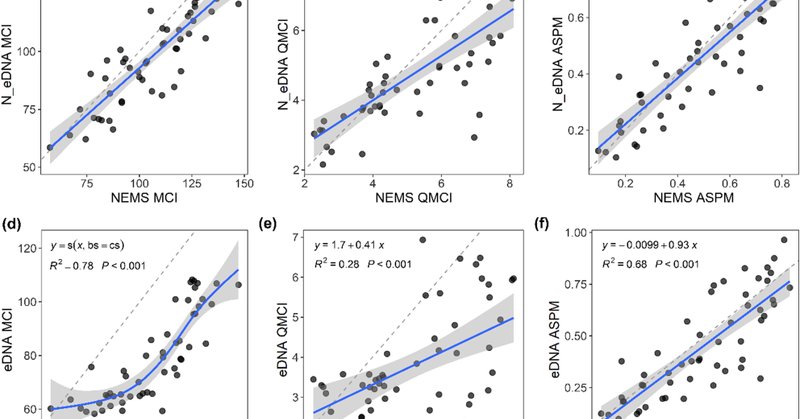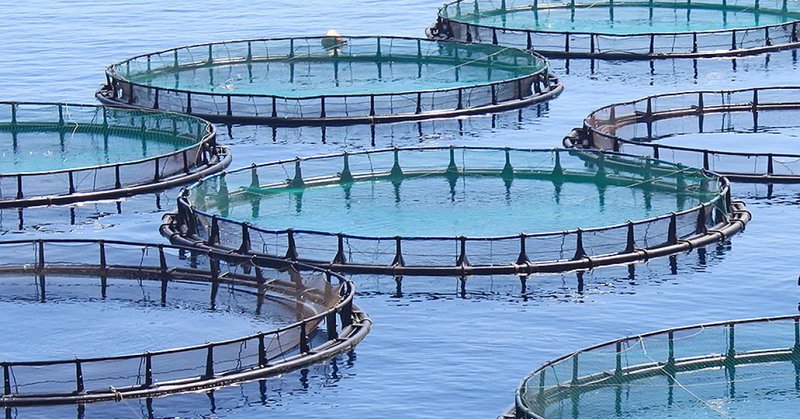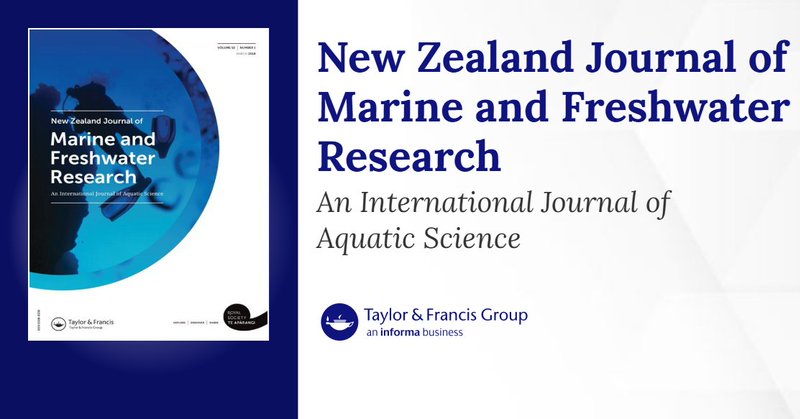
Ian Kusabs
@DrRotokakahi
Followers
2K
Following
7K
Media
333
Statuses
4K
Freshwater Scientist/Biologist. Specialising in kōura (#crayfish) and NZ native fish. Ngāti Tūwharetoa/Te Arawa. Tweet for @TeWaiMaori
Rotorua, Aotearoa New Zealand
Joined October 2010
New paper "Adaption of a traditional Māori fishing method for biomonitoring: using whakaweku for sampling benthic macroinvertebrates in streams". Whakaweku (bracken fern bundles) gave comparable results to kick-netting! #mātauranga #NIWA #kōura #crayfish
tandfonline.com
Whakaweku are bundles of bracken fern (Pteridium esculentum) traditionally placed in lakes and rivers by Māori to harvest kōura (freshwater crayfish, Paranephrops spp.) in Aotearoa, New Zealand. Pr...
3
11
22
Ecology is as much art as science. It asks us to interpret a world too complex to fully measure, too interconnected to isolate, and too ancient to replicate. The deeper we go, the clearer it becomes: understanding life means listening, not just modeling.
13
89
261
Australia’s unprecedented toxic algal bloom annihilate marine life The bloom has impacted some 20,000 square kilometers and about 30% of the coastline of South Australia, and it shows no sign of abating. https://t.co/rq2Q0SaaEe
45
484
778
JUST IN: Atmospheric carbon dioxide (CO2) concentrations have peaked for the year at 430.5 ppm.📈 This is 3.6 ppm higher than last year and the second largest May-May increase in the 67-year Mauna Loa record. In 2023, the CO2 peaked at 424 ppm. 🔗: https://t.co/adhNurvOtE
96
652
1K
Breaking News! Code UFB!!! The 36-month running average for planetary albedo hit yet another new low with the latest data released by CERES, now at 28.72%. Why? Melting polar ice & glaciers, changes in cloud cover, deforestation & land use changes, soot & black carbon ...
22
303
810
Global warming has accelerated, a lot! The first 19 days of 2025 were on average +1.74°C above pre-industrial. That's about 0.1°C warmer than the same period last year. Then we had an El Niño, now a La Niña. https://t.co/Dz6ZtKZ95I
La Niña is here! The most recent El Niño wasn't very strong! The 1991-2020 climate doesn't exist anymore. Relative Oceanic Niño Index (RONI) peaked at 1.5 rather than 1.95 (ONI): This Relative La Niña is 0.54 lower: Why is it still so darn hot? https://t.co/jYtFeI3Sms
245
562
1K
--- Thwaites Glacier --- This should not happen during neap tide. We expected this from January 27 (spring tide). The fact that robust sea ice is now breaking away from the glacial tongue remnants means that the entire ice bastion is in a very poor condition. #ThwaitesGlacier
3
71
169
New Paper: While little zooplankton like rotifers are commonly ignored, so are the smaller animal parasites. My recent student did a shotgun examination of some NZ non-native freshwater fish, and found a bunch of unrecognised non-native monogeneans.
2
3
14
We've reintroduced kōura to Lake Ōkaro!! Thanks to kaitiaki from Ngāti Tahu-Ngāti Whaoa, Ngāti Rangitihi, Tūhourangi Tribal Authority & TALT. Next stage is setting up an ongoing monitoring programme with iwi to assess stocking success #Cawthron #FishFutures
It's taken a while but we finally got our Pā Kōura (artificial reef) into Lake Ōkaro. We are reintroducing kōura (#crayfish) into the lake now that water quality has improved due to the efforts of BOPRC, iwi & local landowners. FMI https://t.co/XWZ5QehFYI
#Cawthron #FishFutures
2
5
22
Was out spotlighting kōura (#crayfish) with the Lynmore Cubs last Thursday as part of Conservation Week. Great time had by all. In the end we caught, measured and sexed 26 kōura from a small stream next to Lynmore Primary School #Rotorua All kōura were safely released #fieldwork
0
4
20
This piece is important as it contains a stack of home truths from experts: 1. Burning imported LNG for electricity generation is worse for the climate than coal, even tho Luxon claims the opposite 2. LNG will be more expensive than the long term average price of gas in NZ, on
38
67
221
Excited to announce that the third chapter of my PhD thesis has been published 🥳 @DrPFranklin @dr_eleanor_gee @niwa_nz @waikato
This study examined how temperature affects critical swimming speed in four migratory fish species. The authors call for fish passage solutions that consider temperature fluctuations, to preserve populations in a changing climate 🐟🐟 DOI: https://t.co/NXjhVp2WTQ
0
8
15
There are summer internships with Manaaki Whenua - Landcare Research for tauira Māori in tertiary education. The study with piirairaka (pīwakawaka/fantail) in Kirikiriroa/Hamilton looks cool!
Māori summer internships with @mwlr_nz, suitable for tauira Māori in 3ry education, looking to grow skills & career path in Māori informed/mātauranga Māori-led research. https://t.co/iGCSy5YQJg 𝑷𝒐𝒊𝒑𝒐𝒊𝒂 𝒌𝒊𝒂 𝒓𝒆𝒓𝒆 – 𝒉𝒆𝒍𝒑𝒊𝒏𝒈 𝒕𝒉𝒆 𝒇𝒍𝒆𝒅𝒈𝒍𝒊𝒏𝒈 𝒕𝒐 𝒇𝒍𝒚
0
5
3
Our new paper is online at Environmental DNA. We use national stream macroinvertebrate datasets collected using benthic sampling and #eDNA to compare how well each quantifies stream ecosystem health. eDNA works well with the right approach and/or index https://t.co/uwbAJcDoZv
onlinelibrary.wiley.com
Ecosystem health assessments made by traditional biomonitoring techniques were compared to those made using eDNA at 53 sites throughout New Zealand. We found a high degree of correlation and conver...
1
15
63
Misinformation regarding species invasions persists, so I feel the need to repost this reminder on occasion.
1/n] Over the past several yrs, misinformation in the pop media has promoted claims that concern over species invasions are overblown since (for example) 'most invasions do not cause extinctions', etc. Here is a brief reminder of what scientific evidence shows.
1
10
13
Fish farming at sea has always been an environmental disaster. Putting it on land addresses only some of the issues. We can do without it! (aquaculture for native shellfish and seaweed is the way to go for those looking to make a living) https://t.co/cex9bXKscJ
mayonews.ie
Following last week's accidental release of 10,000-30,000 farmed salmon into Clew Bay, Michael Kingdon looks at the industry and suggests a new direction
3
19
62
Nice to see this study published in NZJMFR. The authors show how a traditional fishing method has multiple applications for #biomonitoring - here the whakaweku (bracken fern bundles) was used to sample stream macroinvertebrate communities @DrRotokakahi
https://t.co/u9gKY9i04w
tandfonline.com
Whakaweku are bundles of bracken fern (Pteridium esculentum) traditionally placed in lakes and rivers by Māori to harvest kōura (freshwater crayfish, Paranephrops spp.) in Aotearoa, New Zealand. Pr...
0
2
5
The tau kōura method has now been adapted for sampling kōura (#crayfish) in lakes, kōura & bullies in streams and now macroinvertebrates in streams. The method is particularly suited for iwi & community groups because it is inexpensive & doesn’t require specialist training
0
0
4
Thanks to my co-authors Hanatia Marsh, Richard Storey and Brian Smith for their mahi on this rangahau.
1
0
5

